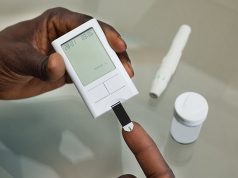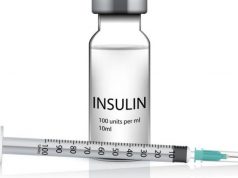Periodontal disease, missing teeth linked to increased risk, while frequent tooth brushing may lower risk
TUESDAY, March 3, 2020 (HealthDay News) — Improved oral hygiene is associated with a reduced risk for new-onset diabetes in a population-based cohort from South Korea, according to a study published online March 2 in Diabetologia.
Yoonkyung Chang, Ph.D., from the Ewha Womans University College of Medicine in Seoul, South Korea, and colleagues analyzed data collected between 2003 and 2006 for 188,013 individuals from the National Health Insurance System-Health Screening Cohort in South Korea to examine the association between periodontal disease and oral hygiene indicators and the occurrence of new-onset diabetes.
The researchers found that 17.5 percent of the participants had periodontal disease. After a median follow-up of 10.0 years, 31,545 individuals developed diabetes (event rate, 16.1 percent). The presence of periodontal disease and number of missing teeth (at least 15 teeth) remained positively associated with the occurrence of new-onset diabetes after adjustment for demographics, regular exercise, alcohol consumption, smoking status, vascular risk factors, history of malignancy, and laboratory findings (hazard ratios, 1.09 and 1.21, respectively). There was a negative association for frequent tooth brushing (at least three times per day) with the occurrence of new-onset diabetes (hazard ratio, 0.92).
“Our results are in concordance with these previous studies and provide additional information on the link between oral hygiene and new-onset diabetes in a longitudinal study in a general population setting,” the authors write.
Copyright © 2020 HealthDay. All rights reserved.








